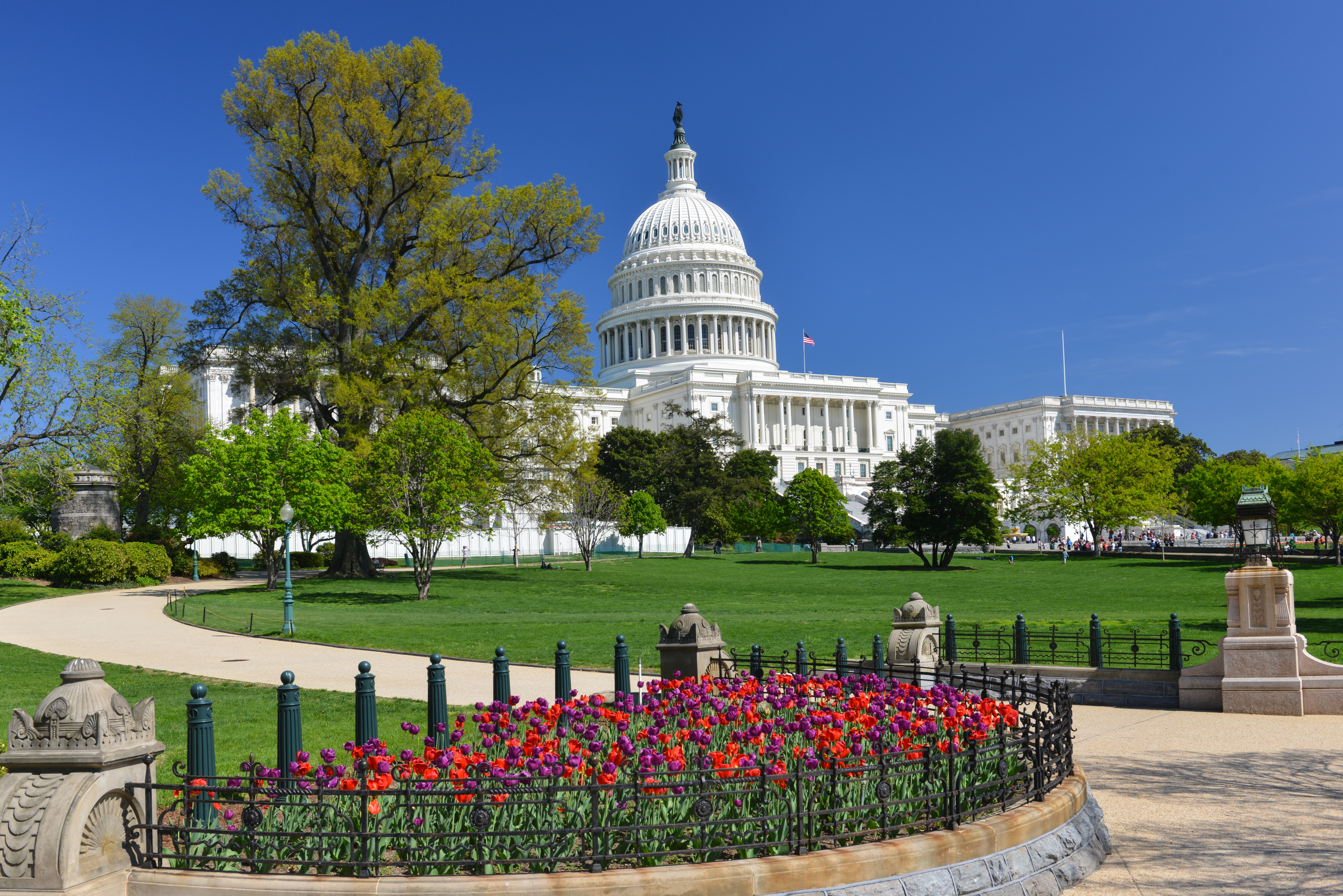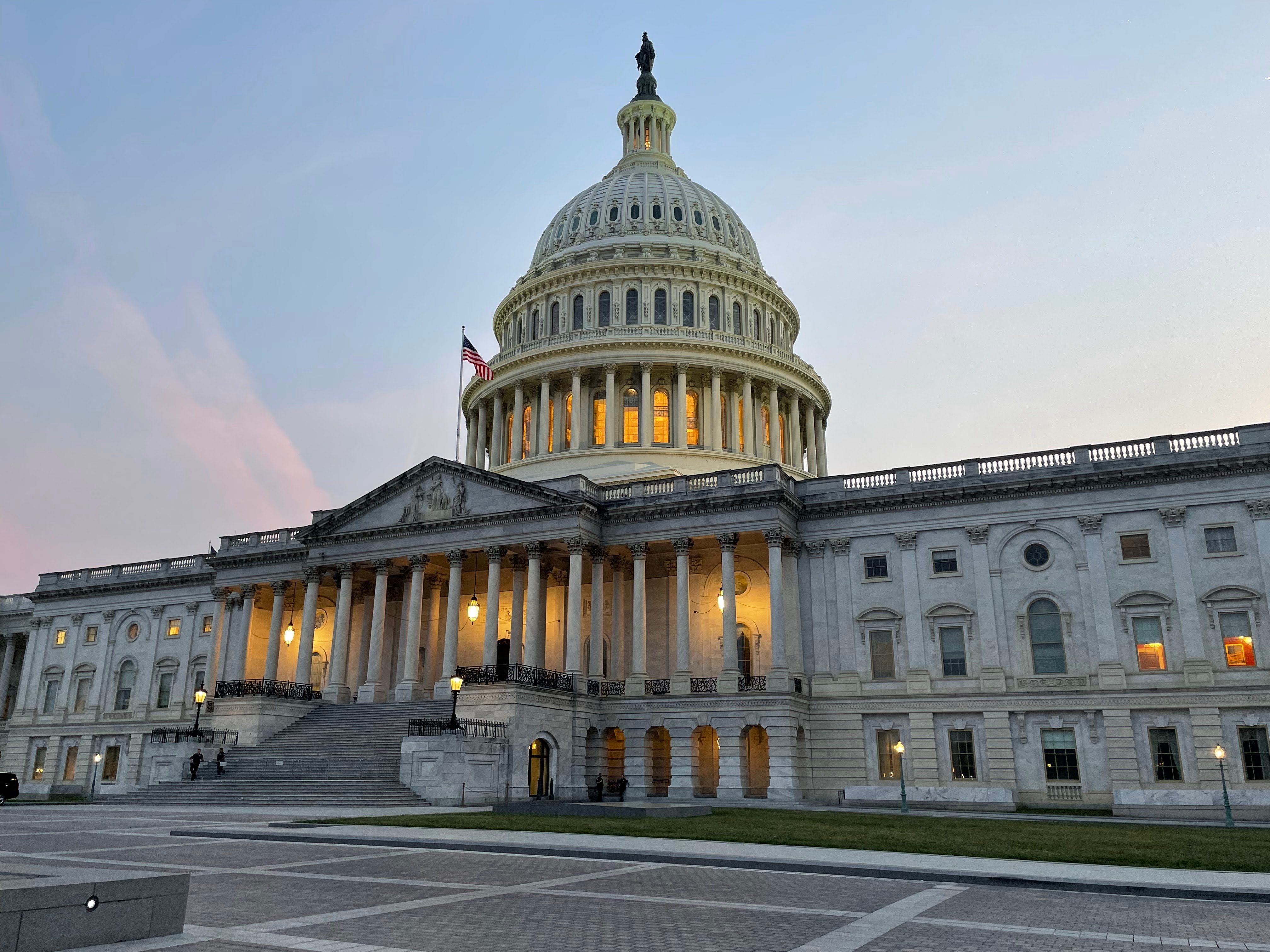The individual income, capital gains, and estate tax rules enacted in 2017 expire at the end of 2025. These were significant tax cuts and already Congress and the private sector are gearing up for a major battle over which of these rates and rules should be extended or allowed to sunset. One such rule that is key to many NAIFA members is section 199A, the 20 percent deduction for certain noncorporate business income.
The initiative will impact some $6 trillion worth of taxes, including such tax rules as the rates taxpayers pay on various levels of ordinary and capital gains income, the standard deduction, the deductibility of state and local taxes, and many others. Other tax issues outside the scope of the 2017 tax law extension may also come up.
The effort will be all-consuming come 2025, as rates and tax rules will revert to their higher 2016 levels in the absence of extension legislation. And the effort will not be as partisan as one might expect—Democrats will be as loathe as Republicans to see the expiration of middle-class individual tax rates and special tax rules (like, for example, the 199A noncorporate business income deduction).
However, there will be an intense battle over the rules that apply to upper-income taxpayers. President Biden supports extension of the 2017 tax rules to the extent they apply to taxpayers with incomes below $400,000. However, he—like most Democrats—favors higher tax rates (and imposition of new taxes) on “the wealthy.” There will also be a resurgence of many “tax the rich” proposals, like the ones that suggest subjecting high-income (those with millions in annual income) to current taxes on unrealized (the value of unsold assets) capital gains.
Also in play will be the estate tax rules—the size of estates that would be subject to the 40 percent estate tax. Other estate tax rules are also likely to be in play. Currently, only estates worth more than $13 million are subject to federal estate tax. If current rules are not extended, estates of $5 million ($7 million or so after adjusting for inflation) would be subject to federal estate taxes.
Prospects: It is too soon to speculate about which 2017 tax rules will be extended, modified, or allowed to expire. But there is bipartisan interest in extending the deduction for non-corporate business interest and in retaining current income, capital gains, and estate tax rates and rules for middle-class taxpayers. Expect hearings, proposals, and major interest/activity on the tax front starting now and peaking in 2025.
NAIFA Staff Contacts: Diane Boyle – Senior Vice President – Government Relations, at dboyle@naifa.org, or Jayne Fitzgerald – Director – Government Relations, at jfitzgerald@naifa.org.






.png?width=600&height=90&name=Support%20IFAPAC%20%20(600%20%C3%97%2090%20px).png)
